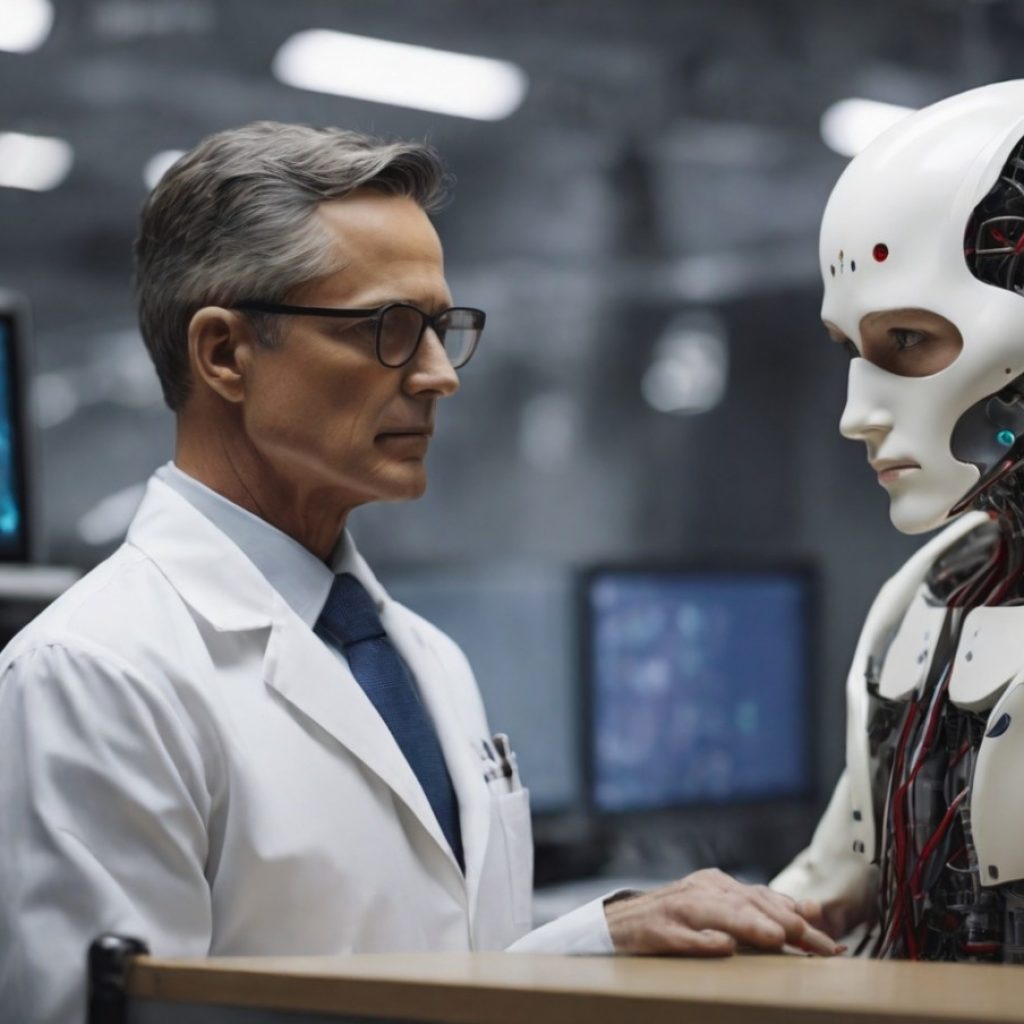Having witnessed what is achievable with Artificial Intelligence and other possible applications of the technology in the future, it’s not surprising that people are beginning to question and compare human intelligence to AI.
The AI Fallacy
AI technology is undeniably better at performing certain tasks, but it’s not creative or empathetic, nor does it use gut feeling like humans. This notion has led to a misjudgment that AI would only be able to disrupt and automate blue-collar jobs, which are routine and easy to explain, unlike white-collar jobs, which require creativity, judgement and empathy.
This misconception has resulted in the “AI fallacy,” where people assume that AI technology must only possess human-centric qualities to do things on the same level as humans would.
According to Daniel Susskind, economist and author of A World Without Work, comparing human intelligence to artificial intelligence in this approach is wrong.
During the CIPD Ace conference in Manchester on Wednesday, Susskind said that although AI isn’t creative and empathetic like humans, it can perform tasks requiring such qualities in a fundamentally different approach.
AI is Fundamentally Different from Humans
“AI will be capable of performing tasks that requires subtle factors like creativity, judgement and empathy, but performing them in fundamentally different ways,” Susskind said.
Susskind’s statement aligns with the words of Patrick Winston, one of the earliest AI researchers, who said, “There are lots of ways of being smart that aren’t smart like us.” Despite not having human-centric qualities, AI technology can still perform these tasks using advanced processing power.
“AI doesn’t think, it isn’t conscious, but that doesn’t actually matter because it can use processing power to perform these tasks differently. This means white-collar workers should be taking the development of AI very seriously,” Susskind further noted.
Susskind proposes that AI technology can potentially disrupt white-collar and blue-collar professions, and the best response from employers and employees would be upskilling and education.
“With such a great amount of uncertainty around the future, our best response is flexibility. We need to be willing to learn and engage with education single-mindedly,” Susskind added.





